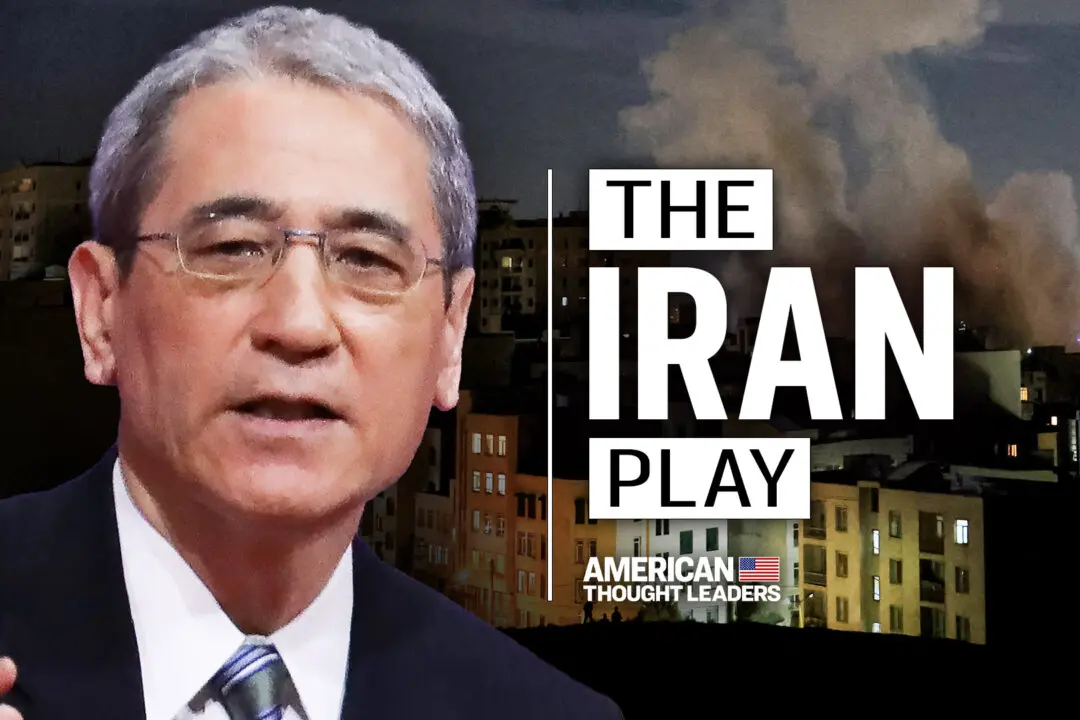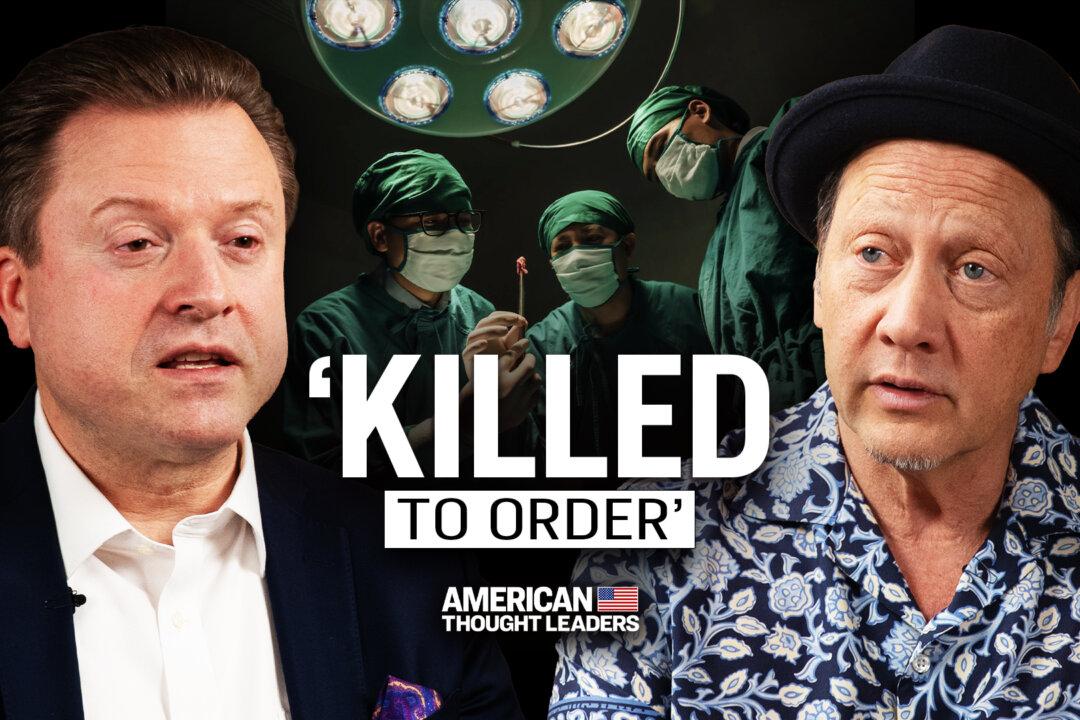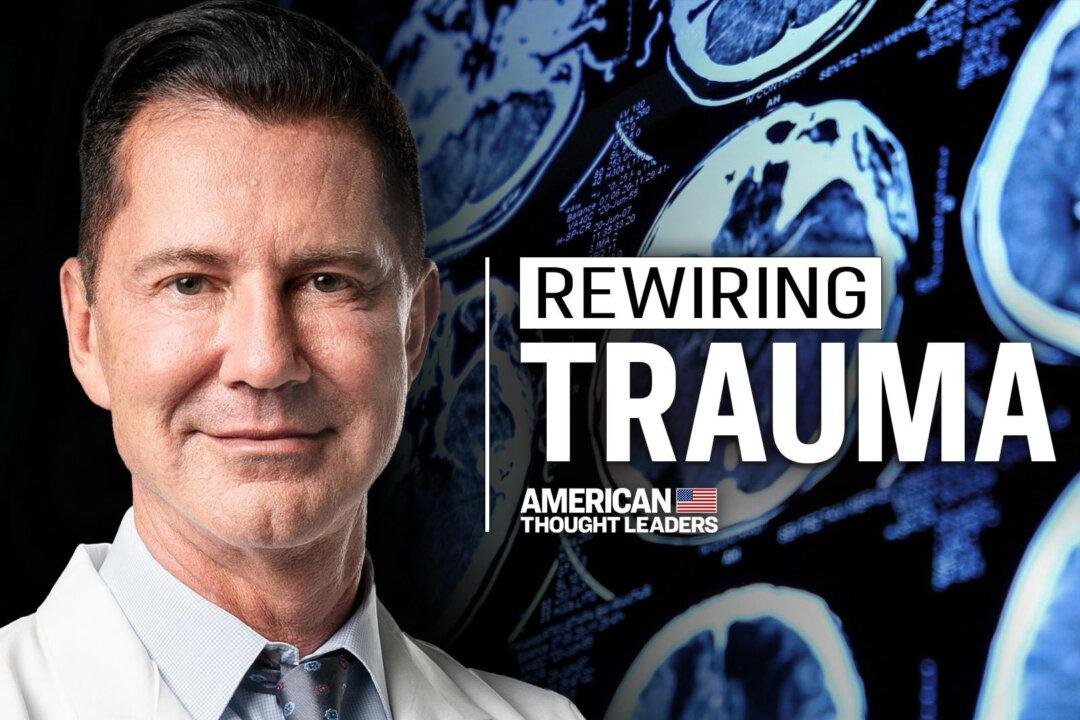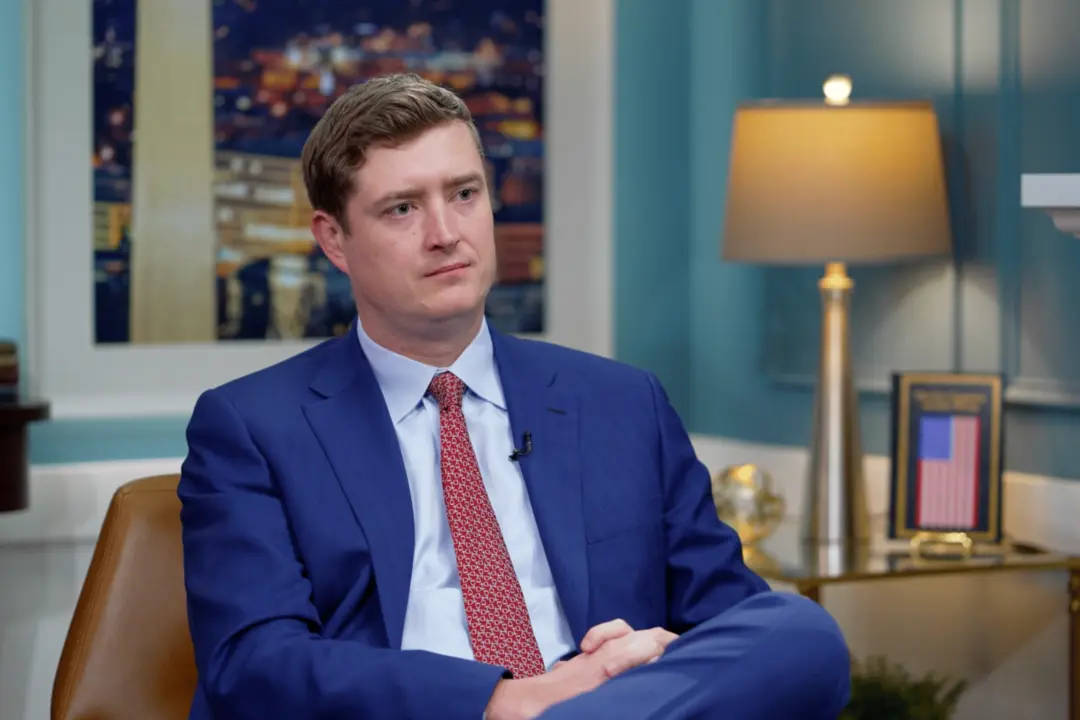“Affirmative action is the systemic racism that’s still here in America today,” Vivek Ramaswamy says. “And I’m sorry to say, it will then create the new kind of anti-black racism that we had spent so many decades moving on from.”
In this recent episode of “American Thought Leaders,” host Jan Jekielek sat down with entrepreneur Vivek Ramaswamy, author of the 2021 bestseller “Woke, Inc.: Inside Corporate America’s Social Justice Scam.” The two men also discussed Ramaswamy’s new book, “Nation of Victims,” which looks at America’s grievance culture—on both the left and the right—and how Americans have lost a sense of identity and purpose. This, Ramaswamy says, has paved the way for the politicization of business and the rise of “woke” capitalism.






